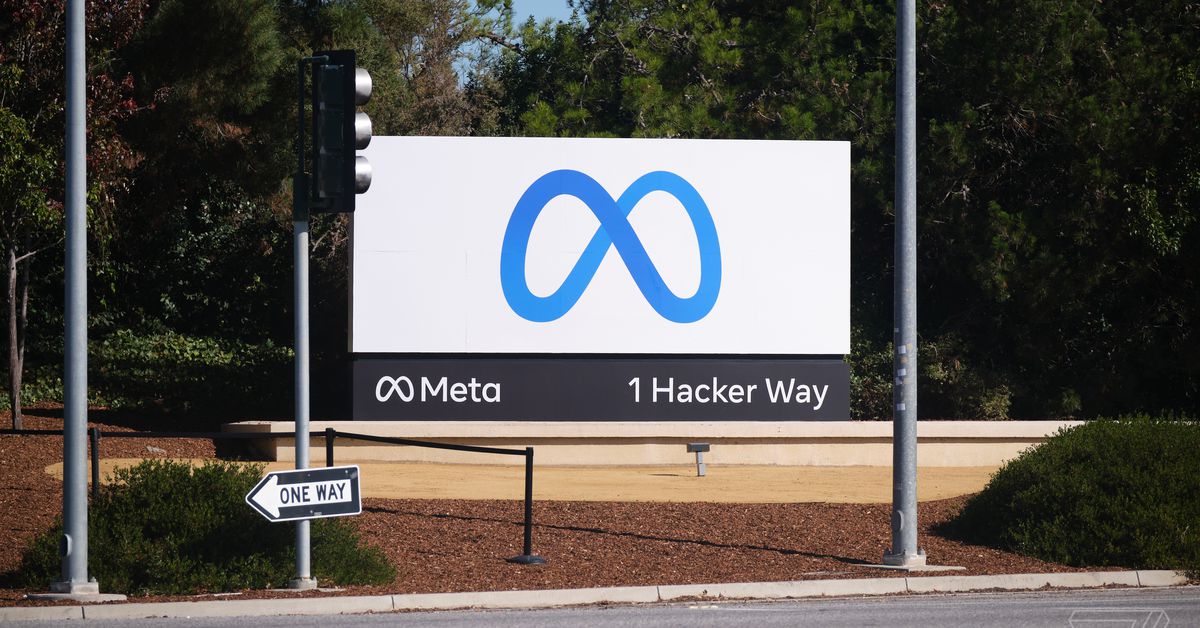
Meta, the parent company of Facebook, will require staffers to have received a COVID-19 booster shot to be able to work from its US offices, as reported by The Wall Street Journal. Meta had already said that US office employees would have to be vaccinated against COVID-19 when they returned to the office, but beginning March 28th, they’ll also need proof of a booster vaccine, Meta spokesperson Tracy Clayton confirmed to The Verge. The company is also delaying its full office reopening until March 28th, pushing back a return that had been previously set for the end of this month.
Not all Meta employees will have to return to the office on March 28th. Those who want to come back can defer their return by three to five months, a policy that was first announced in December. The company is also letting staffers request to work remotely full time. Employees will now have until March 14th to decide if they want to come back to the office, defer their return, or request full time remote work, Clayton said.
The changes are being announced as COVID-19 case counts are surging across the US, forcing companies and organizations to shift their plans for in-person gatherings. The rising cases caused many companies to pull their physical presences from this year’s CES, and the conference itself was closed a day early. Last week, both the Grammy Awards and the Sundance Film Festival announced changes; the Grammys have been postponed due in part to concerns about the omicron variant, while Sundance canceled the in-person programming for its 2022 event.
Other big tech companies have also recently shifted their office reopening plans. Apple indefinitely delayed its return to work in December, pushing back a previously-set February 1st reopening. Google had planned to keep in-office work voluntary until today, January 10th, but the company pushed that back in December, saying it would wait until 2022 to make more return to office plans. Microsoft gave up predicting an office reopening date in September, and Amazon announced in October that it would let individual teams decide when they would return to offices.
Source: The Verge


